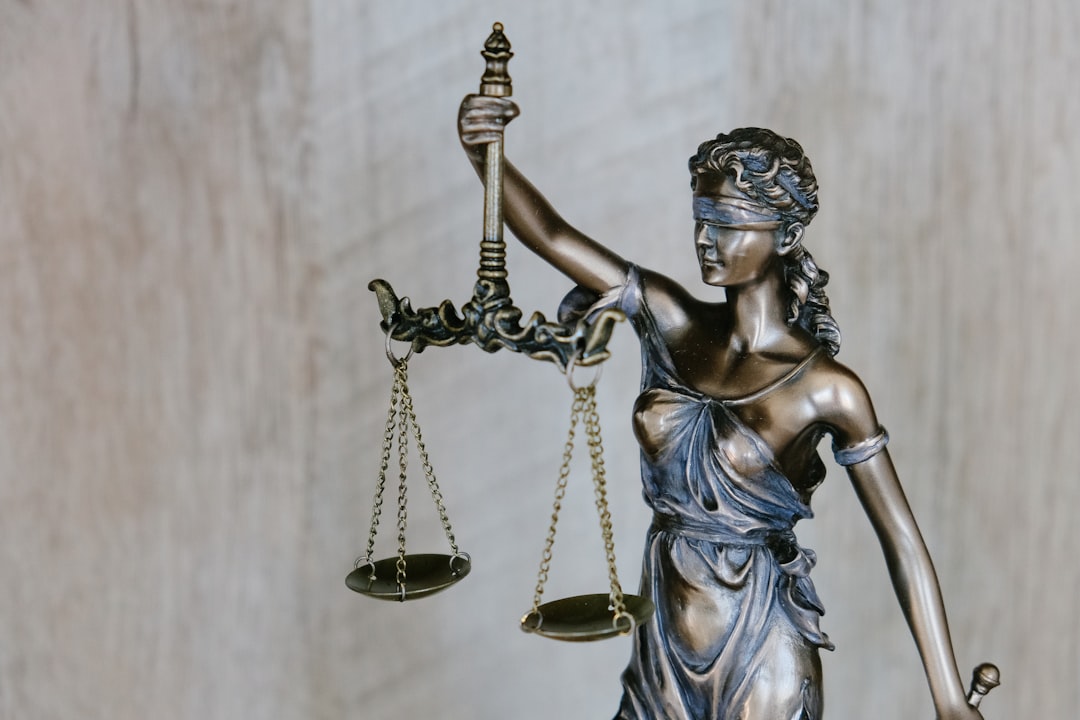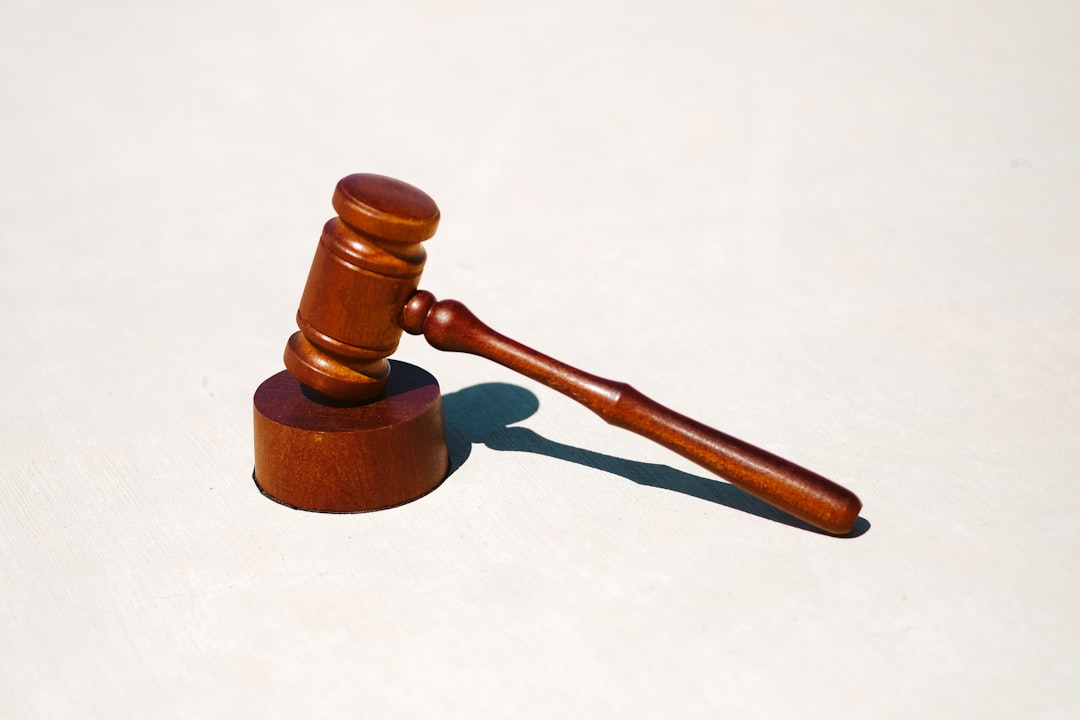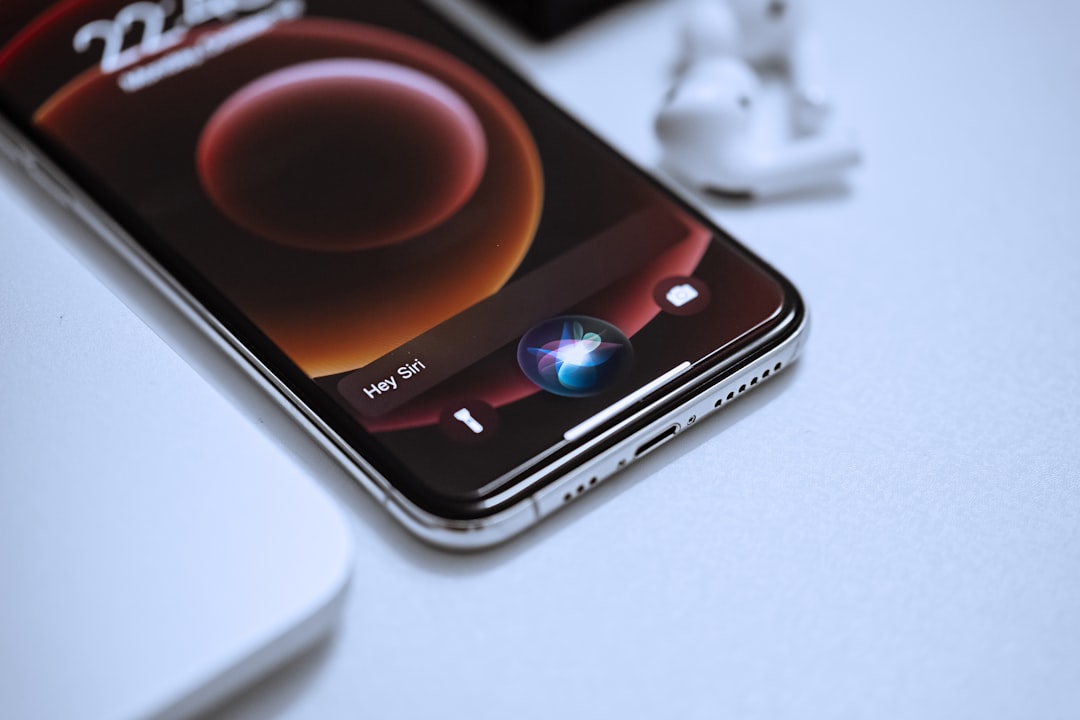In Illinois, robust legal protections are in place for consumers facing debt collection issues thanks to the Fair Debt Collection Practices Act (FDCPA) and the state's own Consumer Protection laws. A debt collector lawyer in Illinois is crucial for understanding these rights, as they guide both creditors and debtors through a complex legal landscape, ensuring fair practices, dispute resolution, and compliance with FDCPA regulations. Key protections include debt validation, anti-harassment measures, and transparent communication, all enforced by these specialized legal professionals.
In the complex landscape of debt collection, understanding your rights and protections is paramount. Illinois has established a robust framework to safeguard consumers from abusive or unfair practices. This article explores key protections within the state’s debt collection regulations, highlighting the crucial role of a specialized debt collector lawyer in Illinois. We delve into consumer protections, Fair Debt Collection Practices Act (FDCPA) compliance, and strategies for enforcing and challenging debt collection measures.
Understanding Debt Collection Laws in Illinois

In Illinois, debt collection practices are governed by a robust legal framework designed to protect consumers from aggressive or unfair tactics. The state has specific laws in place that regulate how debt collectors can interact with debtors, ensuring fairness and transparency throughout the process. Understanding these regulations is crucial for both debtors seeking protection and debt collector lawyers in Illinois aiming to navigate this legal landscape successfully.
Debt collection laws in Illinois are primarily enforced through the Illinois Consumer Protection Act (ICPA), which prohibits deceptive or abusive practices by collectors. This includes misrepresenting the amount of debt, using threatening language, or engaging in harassing behavior. Additionally, the Fair Debt Collection Practices Act (FDCPA) at the federal level also applies, offering further safeguards for consumers. Debtors have the right to dispute their debt and request validation from collectors, ensuring accuracy and preventing wrongful collection activities. For those facing overwhelming debt, consulting with a debt collector lawyer in Illinois can provide guidance on navigating these protections and exploring legal remedies.
The Role of a Debt Collector Lawyer

In Illinois, a debt collector lawyer plays a pivotal role in navigating the state’s complex debt collection frameworks. These legal professionals are experts in understanding and upholding the key protections afforded to debtors under Illinois law. They ensure that debt collection practices adhere to strict regulations, safeguarding individuals from unfair or abusive tactics.
A debt collector lawyer in Illinois assists both creditors and debtors by providing strategic guidance throughout the process. They help clients understand their rights, negotiate settlements, and take appropriate legal action if necessary. Their expertise involves interpreting state laws, such as the Fair Debt Collection Practices Act (FDCPA) and the Illinois Consumer Fraud Act, to ensure that debt collection activities are conducted ethically and transparently.
Consumer Protections and Rights

In Illinois, consumers have several protections and rights when dealing with debt collectors. One of the primary safeguards is the Fair Debt Collection Practices Act (FDCPA), a federal law designed to prevent abusive or unfair practices by debt collectors. This legislation prohibits debt collectors from engaging in harassment, using deceptive tactics, or making false statements when attempting to collect a debt. Illinois also has its own debt collection laws that complement the FDCPA, ensuring even greater consumer protection.
Consumers have the right to request validation of their debt, meaning they can demand proof and verification from the debt collector. They are also entitled to dispute the debt and request the collector cease communication until the issue is resolved. Additionally, debt collectors in Illinois must provide consumers with written notice of their rights, including a stop communication request form, within five days of initial contact. This process empowers consumers to take control and protect themselves from potential violations by debt collection lawyers in Illinois.
Fair Debt Collection Practices Act (FDCPA) Compliance

In Illinois, debt collectors must adhere to the Fair Debt Collection Practices Act (FDCPA), a federal law designed to protect consumers from abusive, unfair, or deceptive practices. This legislation is crucial for ensuring that debt collection agencies operate transparently and ethically. An experienced debt collector lawyer in Illinois can help navigate this complex legal framework, ensuring compliance with the FDCPA’s strict guidelines. These include prohibiting false or misleading representations about the debt, requiring valid and accurate validation of the debt, and respecting consumer rights, such as the right to request verification of the debt and to be free from threats, coercion, or harassment.
Debt collector lawyers in Illinois play a vital role in safeguarding consumers’ rights by holding debt collection agencies accountable for their actions. They help clients understand their legal protections and take appropriate action if these rights are violated. Through this oversight, they foster a fairer debt collection process, providing peace of mind to those facing financial hardships and ensuring that debt collectors operate within the boundaries set by the FDCPA.
Enforcing and Challenging Debt Collection Measures

In Illinois, both state and federal laws govern how debt collectors can enforce and challenge collection measures. A debt collector lawyer in Illinois is crucial for navigating this complex landscape. The Fair Debt Collection Practices Act (FDCPA) sets national standards to protect consumers from abusive, unfair, or deceptive practices when dealing with debt collectors. This includes restrictions on when and how often debt collectors can contact individuals, the language they use, and their general conduct.
Illinois law further strengthens these protections with its own set of rules, such as requiring debt collectors to provide a validation notice within five days of initial contact, detailing the amount owed and the name of the original creditor. Consumers have the right to dispute the debt or request additional information. A knowledgeable debt collector lawyer in Illinois can help ensure that both debt collectors and consumers understand and adhere to these protections, promoting fair and transparent debt collection practices.






